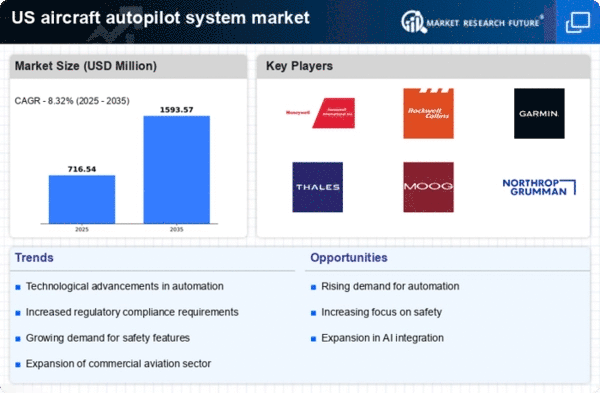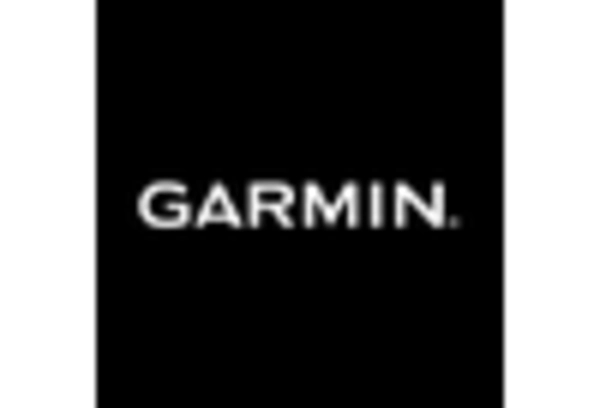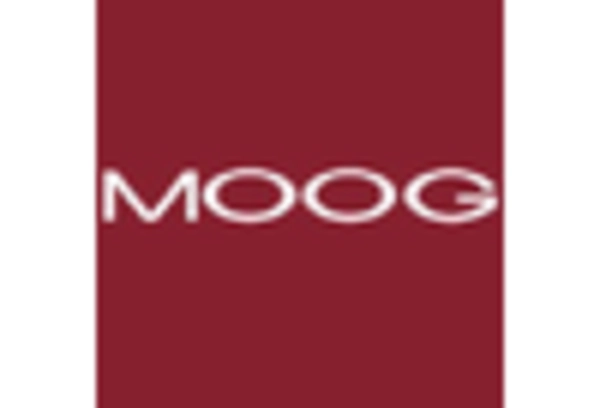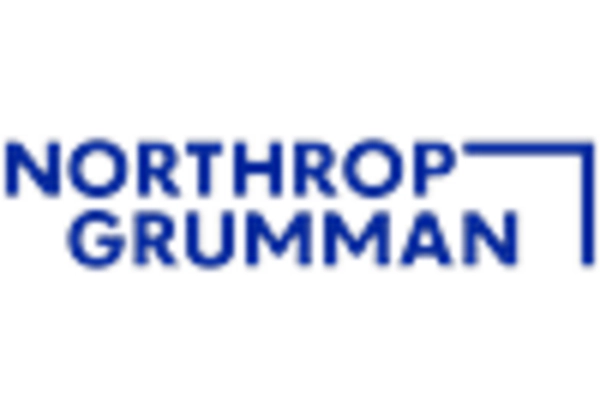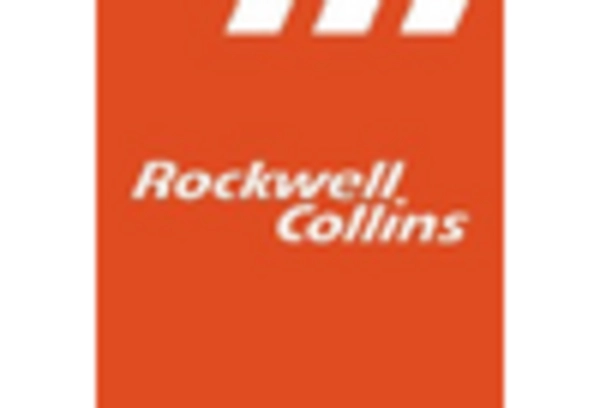Rising Safety Standards
The aircraft autopilot-system market is significantly influenced by the rising safety standards mandated by regulatory bodies. In the US, the Federal Aviation Administration (FAA) continuously updates safety regulations to ensure the highest levels of operational safety. These regulations often necessitate the incorporation of advanced autopilot systems that can enhance flight safety and reduce human error. As a result, manufacturers are compelled to innovate and upgrade their autopilot technologies to comply with these stringent standards. The market is expected to witness a robust growth trajectory, with an estimated increase in value reaching $3 billion by 2027. This emphasis on safety not only drives technological advancements but also fosters consumer confidence in air travel, further stimulating demand within the aircraft autopilot-system market.
Increased Investment in R&D
The aircraft autopilot system market is experiencing a surge in investment in research and development (R&D) activities. As competition intensifies among manufacturers, there is a growing emphasis on developing innovative autopilot technologies that enhance performance and reliability. This trend is particularly evident in the US, where companies are allocating substantial resources to R&D initiatives. The market is expected to grow significantly, with R&D expenditures projected to reach $500 million annually by 2026. This investment is likely to lead to breakthroughs in autopilot functionalities, such as improved navigation systems and enhanced automation features. As a result, the aircraft autopilot-system market is set to benefit from these advancements, positioning itself for sustained growth in the coming years.
Increased Demand for Automation
The aircraft autopilot-system market experiences a notable surge in demand for automation across various aviation sectors. As airlines and private operators seek to enhance operational efficiency, the integration of advanced autopilot systems becomes paramount. This trend is driven by the need to reduce pilot workload and improve flight safety. According to industry estimates, the market is projected to grow at a CAGR of approximately 7.5% over the next five years. The increasing complexity of flight operations necessitates sophisticated autopilot systems that can manage various flight phases autonomously. Consequently, manufacturers are investing heavily in research and development to innovate and refine their offerings, thereby propelling the growth of the aircraft autopilot-system market. This heightened focus on automation is likely to redefine operational protocols within the aviation industry.
Expansion of Commercial Aviation
The aircraft autopilot-system market is poised for growth due to the expansion of commercial aviation in the US. With an increasing number of air travel passengers, airlines are investing in modernizing their fleets, which includes upgrading autopilot systems. The International Air Transport Association (IATA) projects a steady increase in passenger numbers, potentially reaching 1.8 billion by 2030. This growth necessitates the implementation of advanced autopilot systems to manage the rising operational demands efficiently. Airlines are focusing on enhancing fuel efficiency and reducing operational costs, which advanced autopilot systems can facilitate. Consequently, the aircraft autopilot-system market is likely to benefit from this expansion, as airlines seek to optimize their operations and improve overall service quality.
Technological Integration with AI
The aircraft autopilot-system market is increasingly influenced by the integration of artificial intelligence (AI) technologies. AI enhances the capabilities of autopilot systems, allowing for more adaptive and intelligent flight management. This integration can lead to improved decision-making processes during flight, thereby enhancing safety and efficiency. As AI technologies continue to evolve, they are expected to play a crucial role in the future development of autopilot systems. The market is projected to see a significant shift, with AI-driven autopilot systems potentially accounting for over 30% of new installations by 2030. This trend indicates a transformative phase for the aircraft autopilot-system market, as manufacturers strive to incorporate cutting-edge technologies to meet the demands of modern aviation.


